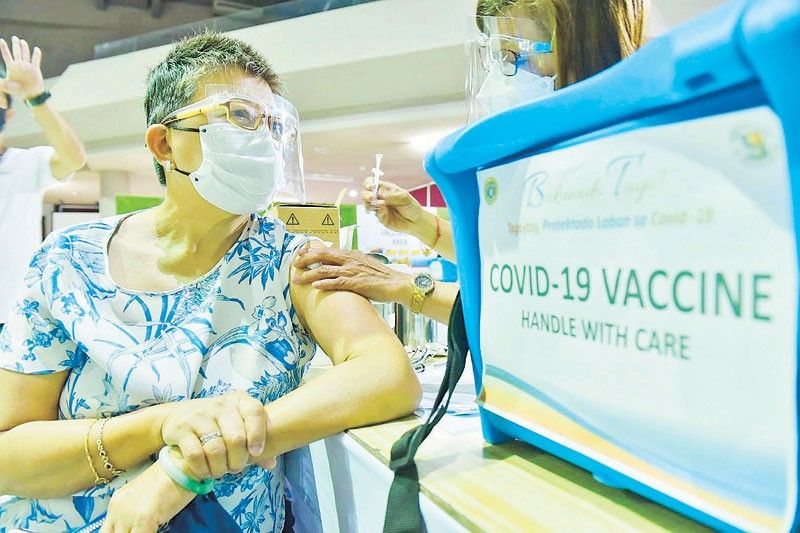DOH: Not all LGUs can get Sputnik V

MANILA, Philippines — Due to stringent handling and storage requirements, Sputnik V vaccines from Russia’s Gamaleya Research Institute cannot be distributed to all local government units (LGUs), the Department of Health (DOH) said yesterday.
At a public briefing, DOH Undersecretary Maria Rosario Vergerie noted that Sputnik V vaccines require storage in a dark place and in temperatures not over negative 18 degrees Celsius.
“This storage cannot be found in all places of the country. So when the Sputnik V vaccines arrive, there are LGUs that are assigned to receive them because they have the capability for this kind of storage,” she maintained
On the other hand, Sinovac and AstraZeneca vaccines – now being used in the country – need to be kept only in 2-8 degrees Celsius storage facilities, or similar to regular refrigeration.
Last Thursday, National Task Force Against COVID-19 chief implementer and vaccine
czar Carlito Galvez Jr. announced that an initial batch of 15,000 doses of Sputnik V vaccines would arrive today.
Another batch of 480,000 doses would be delivered on April 29, the same day some 500,000 more doses of Sinovac are set for delivery to the Philippines.
Storage concerns have prompted US pharmaceuticals giant Pfizer to consider developing a version of its COVID-19 vaccine that can be stored in a standard freezer and comes diluted and ready for use.
The vaccine developed by Pfizer and Germany’s BioNTech is a mainstay in Europe’s efforts to control the pandemic, but it is a challenge to ship and protect.
The current version must be stored at minus 70 degrees Celsius (minus 94 degrees Fahrenheit), limiting its distribution to specially equipped vaccination centers.
But Pfizer’s chief executive Albert Bourla told AFP that a new version is in the pipeline and that he was optimistic the vaccine will also prove effective against new virus variants.
The European Union is betting big on Pfizer’s relatively expensive vaccine, but there are concerns that the difficulty of keeping it at very cold temperatures will make it hard to distribute in poorer countries. But here again Bourla was confident.
“We are doing actually two things on this front,” he said.
The US Food and Drug Administration allows the vaccine to be kept at minus 20 Celsius in a standard freezer for two weeks and Bourla thinks that could be extended.
“And we are about to generate the data for another two weeks. So that this formulation can be stored, let’s say, a month in minus 20 if we get approval for that,” he said.
“On the other hand, we are also working with a new formulation which is much improved, that will be ready to use: that means you don’t need to dilute the vaccine, it will come diluted.”
Pfizer hopes the vaccine will able to be stored for two to three months in normal refrigeration and an additional three months in a freezer, Bourla said.
“So a total of four to six months outside the minus 50 or 70... We believe we’ll be able to have it if we are successful in summer.
- Latest
- Trending






























